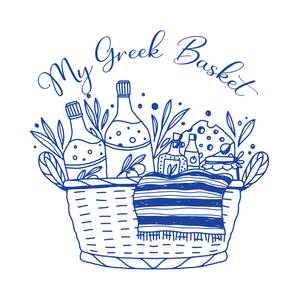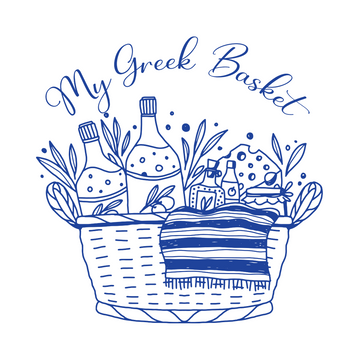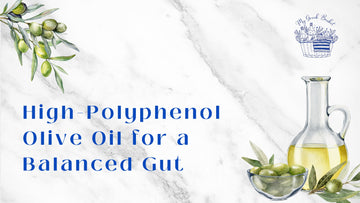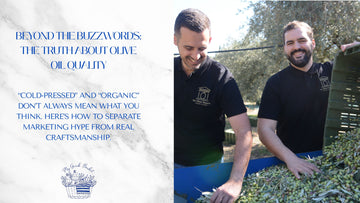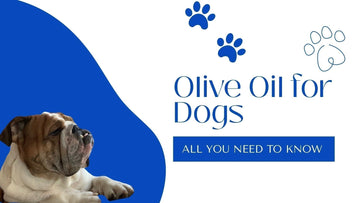
If you’re looking for a natural way to support your dog’s skin, coat, and digestion, olive oil might be the secret ingredient you’re missing. But is it safe? And how much is too much?
Let’s dig into the facts about giving olive oil to dogs — plus how to choose the right kind.
Is Olive Oil Safe for Dogs?
Yes, in moderation. Extra virgin olive oil (EVOO) is safe for dogs and even recommended by some veterinarians as a supplement to improve overall health. It’s rich in healthy fats, antioxidants, and anti-inflammatory compounds that can benefit your pup from the inside out.
Health Benefits of Olive Oil for Dogs
-
Shinier Coat, Healthier Skin
EVOO’s omega-3 fatty acids nourish the skin, reducing dryness, flakiness, and itching — especially in colder months.
-
Supports Digestion and Gut Health
Olive oil can act as a mild laxative and help lubricate the digestive tract. It may also support nutrient absorption in the gut.
-
Boosts Immunity and Brain Function
The antioxidants in olive oil, such as vitamin E and polyphenols, help combat inflammation and support a healthy immune system.
-
Joint Support for Aging Dogs
Dogs with arthritis or joint stiffness may benefit from the anti-inflammatory properties of EVOO.
How Much Olive Oil Can I Give My Dog?
-
Small dogs (under 20 lbs): ½ teaspoon per day
-
Medium dogs (20–50 lbs): 1 teaspoon per day
-
Large dogs (50+ lbs): 1½ teaspoons per day
Start with half the recommended amount and observe your dog for any changes in stool or digestion.
Try This: Our Pet-Safe Extra Virgin Olive Oil is cold-pressed, free of additives, and specifically crafted for sensitive stomachs. Just drizzle over your dog’s food for a natural boost in shine and health.
Important Notes
-
Do not give olive oil to dogs with pancreatitis without veterinary approval.
-
Only use extra virgin olive oil — cheaper, refined oils can contain additives or be processed with heat and chemicals.
Disclaimer: This blog post is for informational purposes only and is not intended to provide medical advice, diagnosis, or treatment. Always consult with a qualified healthcare professional before making changes to health or wellness routine, especially if you have a medical condition or are taking medications
